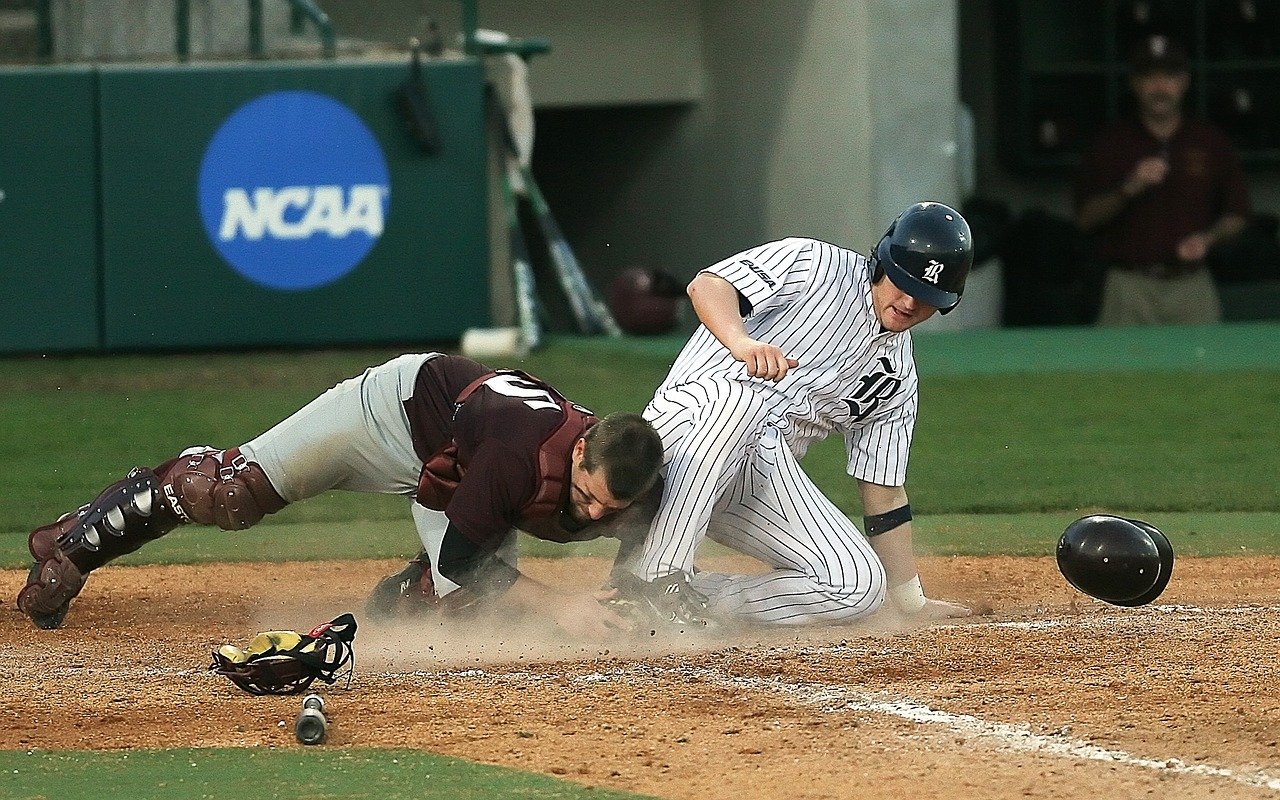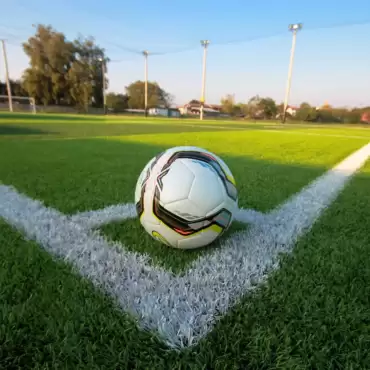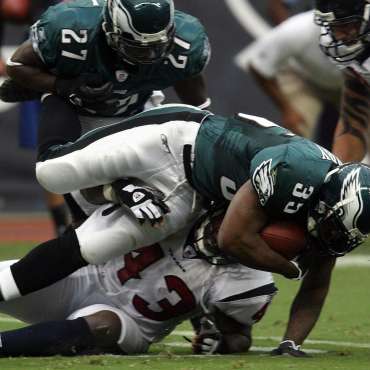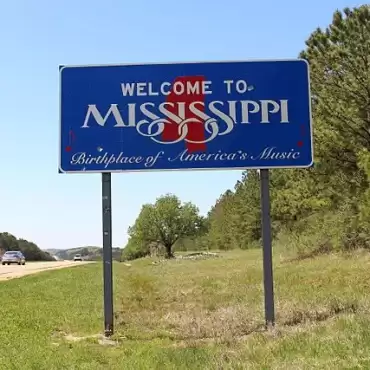The Ohio Casino Control Commission (OCCC) has banned player prop bets on college sports after granting a request from the National Collegiate Athletic Association (NCAA).
The OCCC’s decision came after NCAA president Charlie Baker sent a letter to the commission’s executive director Matt Schuler, requesting a ban to be implemented on player-specific prop wagers for its games. The letter was also endorsed by Ohio’s governor, Mike DeWine.
Bettors will no longer be able to wager on markets such as a quarterback’s passing yards or a basketball player’s points for NCAA games. Operators have until 1 March to introduce the restrictions.
In the OCCC’s announcement, the commission stated it would become the 25th state to either prohibit or limit player-specific prop bets on NCAA contests. The ban’s aim is to protect NCAA athletes against potential harassment from bettors, as well as curb match fixing.
Ohio only launched legal sports betting in January 2023. In July, the state passed a law that looks to prevent those who have threatened athletes from placing sports wagers, a precursor to this new ban on prop bets.
In response to the ban, Governor DeWine said: “The Ohio Casino Control Commission took quick action to protect student athletes from unnecessary and potentially harmful threats.
“Amending rules to focus bets on the team and away from individual athletes will improve the marketplace in Ohio and properly focus betting attention on the teams and away from individual student athletes.”
NCAA’s Ohio ban the next step in fight against gambling harms

This move is the latest indicator of the NCAA’s growing emphasis on offering greater protection to student athletes, as well as preserving the integrity of its competitions.
The NCAA is advocating for fresh laws, creating new model legislative processes that it recommends states pass. Among the other proposals it is suggested that states include a mandatory reporting hotline. This would allow gambling authorities to report harassment or coercive behaviour to law enforcement.
The NCAA also wants regulations to identify prohibited bettors and prevent individuals younger than 21 from wagering on sports. In terms of betting advertising, ads should include information about the hotline, problem gambling and prohibitions on harassment.
In addition, the NCAA wants a portion of revenue from sports wagering to be allocated to gambling harm education.
The NCAA also launched its first sports wagering elearning module in October, aiming to educate student athletes on gambling-related harms and the dangers of them.
The NCAA’s call for new measures comes in the wake of a 2023 study that revealed one in four leading US college sports programmes had been notified of student athletes being harassed by somebody with gambling interests in the last 12 months.
The study found that 27% of schools from the so-called Power Five conferences had dealt with a sports wagering problem among their athletes or staff within the past year. This is compared to just 3% when the same question was asked in 2019.





